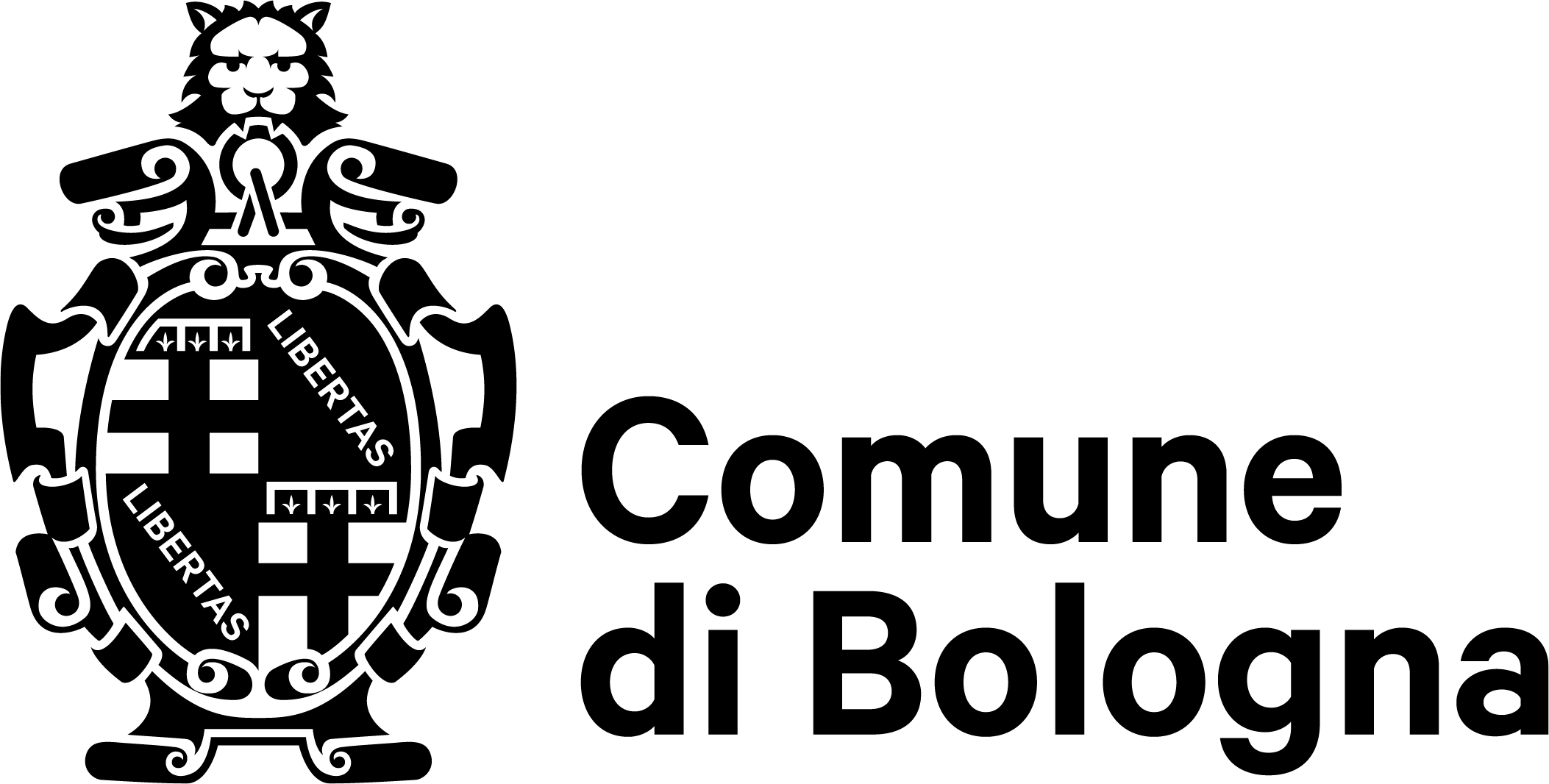Municipal Designation of Origin

MUNICIPAL DESIGNATION OF ORIGIN
The De.Co. (municipal designations) are certifications designed to connect a product to its local area.
Unlike designations protected at the EU level (PDO, PGI, and TSG), De.Co. is not a quality label but a declaration linked to the protection and promotion of a typical product, traditional recipe, agrifood activity, or artisanal product.
Municipal denominations have been regulated in Italy since 1990 thanks to Law 142, which allows municipalities to enact regulations on the promotion of traditional agrifood activities. Since 2002, the De.Co. have normally been established using a standard regulation prepared by the National Association of Italian Municipalities (ANCI), which extends the designation to traditional celebrations and knowledge.
Today, the De.Co. are increasingly a local marketing tool to promote cultural heritage beyond local and regional borders. In November 2020, the Municipality of Bologna decided to establish its own Municipal Designation of Origin (De.Co.) in order to survey and enhance the agrifood activities and products of the area and as a tool to promote the image of Bologna. At the same time, the “Regulation for the protection and enhancement of knowledge, activities and typical local and traditional agrifood production” was approved. Anyone who is interested can propose products, events, activities and knowledge to be entered in the De.Co. Bologna.
DE.CO. BOLOGNA
We recognise, protect, and foster the many methods of Bologna know-how.
With De.Co. and the regulation for the protection and fostering of local and traditional knowledge, activities, and production of typical agrifoods, the City of Bologna supports the promotion and development of its territory.
Indeed, the De.Co. Bologna declaration aims to safeguard, nurture, and promote local resources and culture, productive characteristics, knowledge, and traditional activities among the general public to position them at the heart of the city’s advertising campaigns.
Obtaining De.Co. means joining a network of institutions, producers, organisations, and enterprises recognised as helping to create the identity of the city of Bologna and safeguard local traditions and cultures.
In the case of agrifood products, De.Co. Bologna is synonymous with a guarantee for the consumer and tourist. It attests to the origin, authenticity, composition, and preparation method of the products according to the specifications laid out by the City, in compliance with the uses, customs, and traditions of the area.
THE DE.CO. BOLOGNA
These are the products and skills of the Bolognese tradition that have received the Municipal Designation of Origin from the City of Bologna, standing out in a landscape of local excellence:
TRADITIONAL KNOWLEDGE
-
Needle lace with Aemilia Ars technique, a cultural heritage that remains fruitful today.
-
The Bolognese puppet theater, the Bolognese puppetry school plays a prominent role in the Italian puppet theater.
- The puppet as a handmade artifact, an integral part of the Bolognese puppet theater.
- The art of the stonemason and sandstone sculpture, an ancient craft typical of the Reno Valley.
- The Budrio ocarina, a small terracotta flute still crafted with skill and passion today.
- Ballo Liscio and Filuzzi, a traditional folk dance that originated in the Emilia-Romagna region.
- Art of the Sfogline, the traditional craft of handmade pasta-making, Sfogline are expert women who master the art passed down through generations.
- Violin-making (Liuteria) of String Instruments in the Bolognese Tradition, the Liuteria is renowned for its craftsmanship and dedication to creating high-quality stringed instruments.
- Bolognese Tarocchino, a traditional card game from Bologna, distinct from other tarot games.
-
The "Spillo" of the Carnival of San Giovanni in Persiceto
A traditional theatrical performance where allegorical floats reveal their hidden meaning through a spectacular transformation. -
Oral Songs of Popular Tradition
Folk songs passed down through generations, preserving the history, emotions, and cultural identity of local communities. -
Wine and Dish Pairings of the Gastronomic Culture of the Metropolitan City
A deep-rooted culinary knowledge that harmonizes local wines with traditional dishes to enhance flavors and regional heritage.
AGRO-FOOD PRODUCTS
-
Bolognese Tortellino and its Festival, no recipe represents Bologna quite like the tortellino.
-
Ragù bolognese, the quintessential traditional Bolognese sauce, one of Italy’s most valued and well-known recipes.
-
Tagliatella al ragù, pasta born from the meeting of the Tagliatella Bolognese with the classic Ragù Bolognese, both recipes deposited with the Bologna Chamber of Commerce.
-
Bolognese Strichetto, small twisted squares of pasta, born from the peasant tradition to use up kitchen scraps.
-
Extra-virgin olive oil from the hills of Bologna, a cultural heritage of the Bologna province’s hilly territory, south of the Via Emilia.
-
Salsamentari platter, a starter of salami, cheese, and marinated vegetables, accompanied by traditional bread found in all Bolognese eateries.
-
San Luca Violet artichoke, a spineless varietal ecotype, traditional to the hills of Bologna.
-
Imbutini from Ozzano, a short pasta, both dried and fresh, resembling a funnel in shape.
-
Roman pink apple, an ancient fruit from the Apennines, also known locally as romana, with a subtle and typical scent of roses.
-
Royal apricot from Imola, intensely fragrant, rather soft at the peak of ripeness, and particularly suitable for homemade jams and fruit juices.
-
Ricciola from Imola, an oven-baked product that gained popularity in the 1940s; now, all bakers and pastry chefs in Imola produce it daily.
-
Garganello from Imola, short, ridged tubes of fresh egg pasta, traditionally made by hand by wrapping squares of fresh egg pasta dough diagonally around a wooden stick.
-
Africanetto from Persiceto, a yellow lingot-shaped biscuit made with sugar and egg.
-
Castiglionese fat cake, a rice timbale flavored with ingredients from the mountain’s humble cuisine.
-
Crescenta dell’uva from Vergato, a Christmas dessert typical of the Vergato tradition.
- Balanzoni, delicious tortelloni wrapped in the typical green dough.
- Balanzona, the pink variant of Balanzoni, a project supporting the anti-violence center of the Italian Women's Union (UDI) in Bologna, which combines tradition and solidarity in a single gesture.
-
Tolè Potato
A high-quality mountain potato known for its rich flavor and ideal texture for traditional Emilian dishes. -
Sweet Raviolo of Casalfiumanese
A typical pastry, embodying the rural dessert tradition of the area. -
True Cake of Imola
A historic local dessert with a soft texture and delicate flavor, cherished in Imola’s culinary heritage. -
Romagna Shallot
A prized variety of shallot with a distinctive sweet and aromatic taste, protected by a PGI designation. -
Imola-Style Cappelletto
A stuffed pasta specialty from Imola, traditionally filled with cheese and served in a rich broth.



